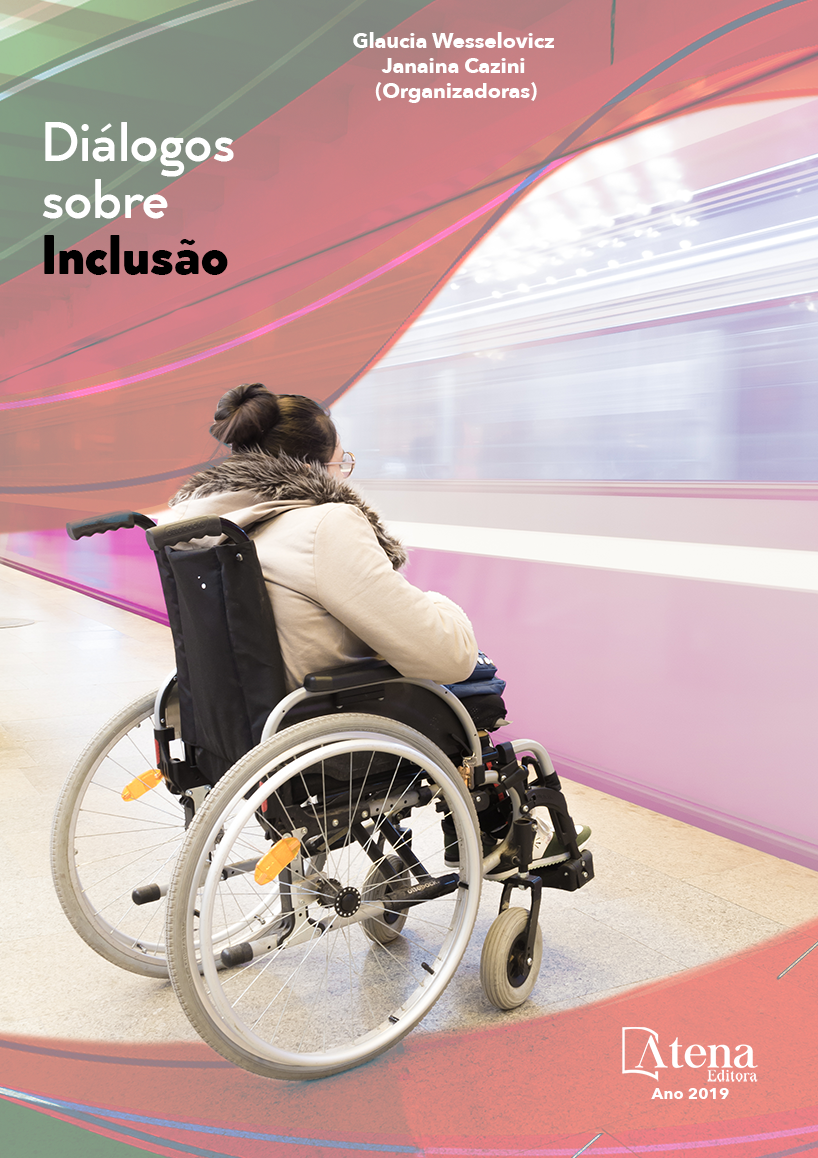
ALFABETIZAÇÃO E INCLUSÃO: O DIREITO DE APRENDER
A inclusão é um tema que na
realidade é deveras discutido, todavia abrange
muito o campo das deficiências, das causas
raciais, trabalhistas, sociais e econômicas,
entretanto, a inclusão referente ao aluno obter
o direito a aprender a ler e escrever por vezes
não é respeitada, não é algo adquirido, mas
sim forçado e por vezes obrigado por parte
dos ensinos engessados de uma sociedade
que se atualizou tanto em tecnologias, mas
nas metodologias educacionais é um tanto
arcaica. Destarte, o objetivo deste estudo é o
pensamento reflexivo mediante os resultados
com o Índice de Desenvolvimento da Educação
Básica (IDEB), onde se fez medição para se
avaliar os níveis de capacidade de matemática,
língua portuguesa e a leitura, mostra-se que os
avanços foram medianos, entretanto pensar
no todo para que não haja crianças sem este
direito , mediante as diferenças entre escolas
públicas e privadas enfatizemos o melhor
desempenho das escolas particulares. Para
tanto foi realizada uma pesquisa bibliográfica,
na base de dados a partir das palavras chaves:
Alfabetização; Inclusão; Direito. Os principais
resultados indicam que há necessidade de se
modificar a forma de abordagem para leitura
para que as crianças tenham direito sobre
esta inclusão de forma satisfatória para estas.
Portanto conclui-se a importância deste estudo,
tendo o dever do aprendizado à garantia para
que estas crianças possam se desenvolver para
seu próprio benefício como para a sociedade
com o ganho de cidadão bem preparado, tanto
para a vida trabalhista quanto acadêmica.
ALFABETIZAÇÃO E INCLUSÃO: O DIREITO DE APRENDER
-
DOI: 10.22533/at.ed.6201928055
-
Palavras-chave: atena
-
Keywords: Literacy; ANA; Inclusion; Right to Learn; Education.
-
Abstract:
Literacy in an inclusive perspective
can be understood, among others, as a
practice that favors the right to learn. National
assessment data, for example of IDEB and
ANA, indicate indexes and percentages that
do not correspond to expected successes, in
the school performance of students, especially
those year of the Literacy Cycle. In this sense, the
objective of this study is to promote discussion
about literacy, as a process that should include
all subjects involved, to practices that guarantee
them the right to learn. Evaluation Results
Literacy, in the State of Paraíba - BRAZIL, are
Diálogos sobre Inclusão Capítulo 5 45
taken as a basis for analysis of this literacy perspective. This is a qualitative study of
the bibliographic type. The study shows that it can still be considered alarming, the
number of children in that State who are not successful in reading and the last year
of the Literacy Cycle. We conclude that, in addition to public policies that inversion of
this framework, through, for example, investment in the training and qualification of
professionals for more effective action in the school years that involve this cycle, it is
made necessary the implementation of projects and pedagogical practices involving all
the children and young people in this process so that they are effectively included in
which guarantees them the right to learn to read and write.
-
Número de páginas: 15
- Glória Maria de Souza Leitão Melo
- OSIOLANY DA SILVA CAVALCANTI


